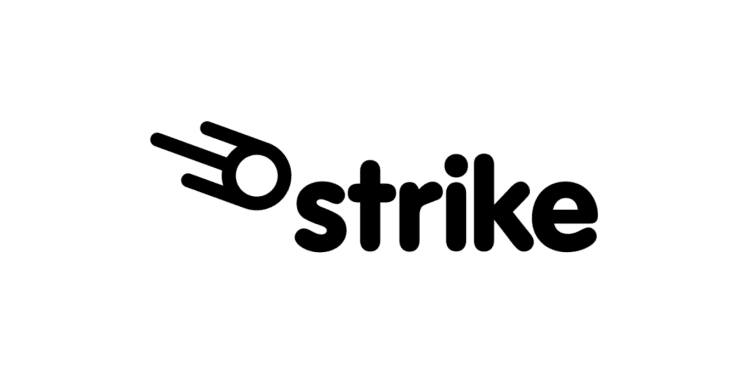- Strike, a Bitcoin-powered payments app, has announced its expansion into 65 global markets, broadening its reach from the U.S., El Salvador, and Argentina.
- The company recently moved its global headquarters to El Salvador, a country that has emerged as a front-runner in crypto adoption.
- The app offers frictionless Bitcoin and Tether transfers, aiming to appeal to a broad user base looking for simpler alternatives to traditional crypto exchanges and the plethora of available coins.
Strike is a Bitcoin-powered payments app making waves with its ambitious plans. Founded in 2019 by the young entrepreneur Jack Mallers, Strike has recently announced an audacious expansion strategy that aims to increase its global footprint from a handful of countries to 65 markets worldwide.
Striking the World: A Robust Expansion Strategy
Previously operating in the U.S., El Salvador, and Argentina, Strike has been challenging traditional financial systems with its easy-to-use consumer-facing app. The app allows frictionless Bitcoin and Tether transfers, appealing to users by offering an alternative to the often complex world of crypto exchanges and a myriad of coins.
Strike’s expansion is not only a demonstration of its growing influence but also a validation of its Bitcoin-first approach. This expansion to 65 global markets comes in the wake of Strike moving its global headquarters to El Salvador, a nation that has been increasingly welcoming to cryptocurrencies and blockchain companies. Under President Nayib Bukele’s leadership, El Salvador passed a digital assets law earlier this year, providing a regulatory framework for crypto and even establishing Bitcoin as a legal tender.
Overcoming Challenges and Looking Ahead
As with any ambitious endeavor, challenges are expected. For Strike, one such challenge is expanding its ties to banking services to facilitate the exchange of Bitcoin for fiat currency. For customers in Strike’s new markets, the initial feature will be the ability to receive Bitcoin from other users. However, Mallers has plans to launch new features, including a debit card, later this year. Strike’s strategy to leverage Bitcoin and the Lightning network for cheaper, faster global payments represents a unique solution to traditional banking constraints.
Moreover, Strike is addressing the issue of network congestion and higher fees on Bitcoin transactions head-on. According to Mallers, the current conditions are not a problem but evidence that “Bitcoin is working as intended.” This confidence in Bitcoin’s utility and resilience underlines Strike’s firm commitment to a Bitcoin-first approach.
The Future of Payments
The global South’s demand for alternatives to traditional banking has led Strike to hold dollar balances in Tether. This stablecoin has been subject to criticism for its opaque accounting practices. Yet Strike’s decision indicates its commitment to serving a broad user base, demonstrating a willingness to embrace solutions that meet user demands even if they are controversial.
Strike’s expansion signifies a promising step forward in crypto payments. The company’s bold move of relocating its headquarters to El Salvador and its dedication to making Bitcoin more accessible worldwide showcase the transformative potential of cryptocurrencies. Strike could serve as a blueprint for other fintech companies looking to integrate cryptocurrencies into their service offerings.
Looking ahead, Strike has its sights set high. According to Manuela Rios, Strike’s vice president of product, the end goal is to address the needs of “7 to 8 billion people in every single country”. With a new user interface and a mission to provide a seamless onboarding experience, Strike is not just another app in the crypto world but a game-changer in the payments landscape.














